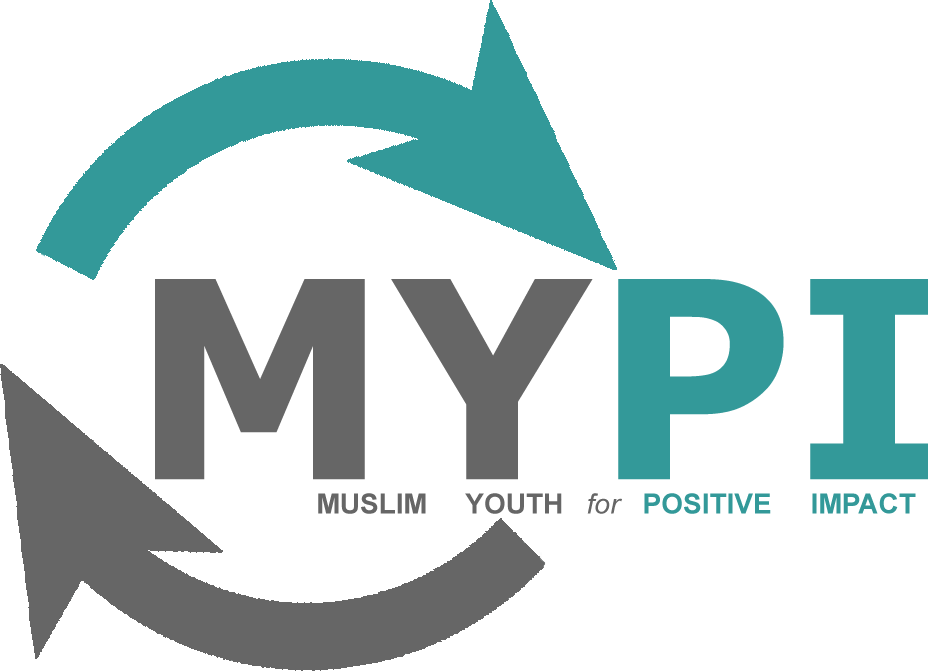Mental Wellness Program
The MYPI Mental Wellness Program is a youth-centered mental health support program by and for Muslim youth & their families.
About the Program
As a learning organization, MYPI has listened to our youth and has heard our community through surveys and data collection. The Colorado Muslim youth have a serious need for mental health services that are culturally competent, well-informed, and trusted. In order for those services to be accessed, we must combat the stigma, bring forth dialogue and safe spaces to build trust between families, leaders, mental health providers and the youth.
Our Goals:
Create ACCESS to culturally competent & trusted services
Build TRUST between youth and all aspects of the community, including parents, religious leaders, mental health professionals, and each other.
BREAK STIGMA and remove social and emotional barriers to clear the path towards help, healing & wellness
Youth EMPOWERMENT through resourcing, skill & identity development, story-telling & problem solving opportunities when it comes to the issues affecting the community today.
MYPI Wellness House:
The MYPI Wellness House offers basic counseling services for youth and their families by our trusted Muslim mental health professionals. Our referral & resource network is well-rounded and growing; we can help you find a service provider that fits your emotional, spiritual, and personal needs.
What we Offer:
Resource network for youth, adults, families, refugees, mosques and community organizations
Opportunities for Mental Health Providers to work with youth, families & refugees
Trainings for Imams, community leaders, & youth in mental health intervention
Workshops for parents to be better equipped with the unique needs of Muslim youth
Open mics for the general Muslim community to listen and share
Mental Wellness Conference that happens annually and caters to all members of the community
Our Program offering
Services
Including counselors, psychologists, parenting coaches, and other mental health professionals
Trainings
For college-age & high school leaders
For Imams & community leaders
For parents wanting to learn how to provide mental wellness support to their youth.
Workshops
Knowledge of Islamic history in the field of mental health medicine
Knowledge of clinical information about the many ailments affecting the community
Knowledge of what we can do and how we can fix the problem
Open mics & forums
Forums for youth & imams & the community at large
Resource Network
Meaning Making
Youth Empowerment
Coping and Resilience-building
WANT TO GET INVOLVED?
If you’re passionate about mental health and bringing those services to the Muslim community, email us at contact@mypi.org to sign up to be apart of our family.
Break the stigma and know it’s okay to ask for help
MYPI wants to help you reach out to mental health resources
National Suicide Hotline
1-800-273-8255
Muslim Youth Hotline
080-880-82008
Crisis Text Line
741-741
Support for Muslim Youth
Khalil Center Helpline
855-543-5752
Naseeha Helpline
1-866-626-3342

Colorado Muslim Population 2020
Source: Colorado Imam Council
Colorado is home to approximately 100,000 Muslims across 13 cities
More than half of our population are first-generation immigrants whose parents came to this country.
This includes:
Refugees
Asylum Seekers
Expats
International Students
and more
We have more than 20 languages and cultures in our community
What does this mean?
With such diversity comes a host of unique needs and considerations that must be made, especially because our community is also faith-based. Our refugee, asylum seeker, and immigrant populations have either witnessed or have family who’ve witnessed genocides, brutality, and systemic injustice.
Ethnic and Racial Demographics
As a result of Islamaphobia, Muslim youth have some of the highest bullying rates in Western countries, coming from classmates and sometimes teachers and faculty.
The prevalence of PTSD in youth in this population is staggering and our goal is to provide resources that address their concerns and help them to integrate into their new society.


